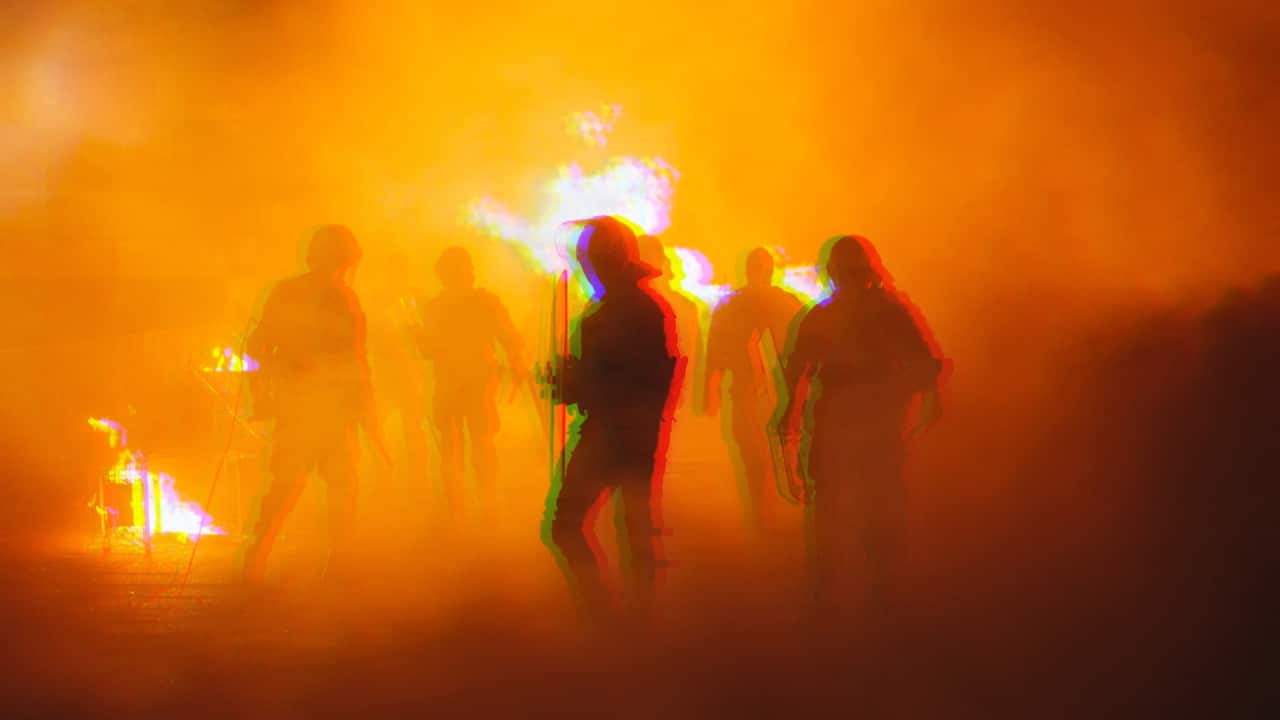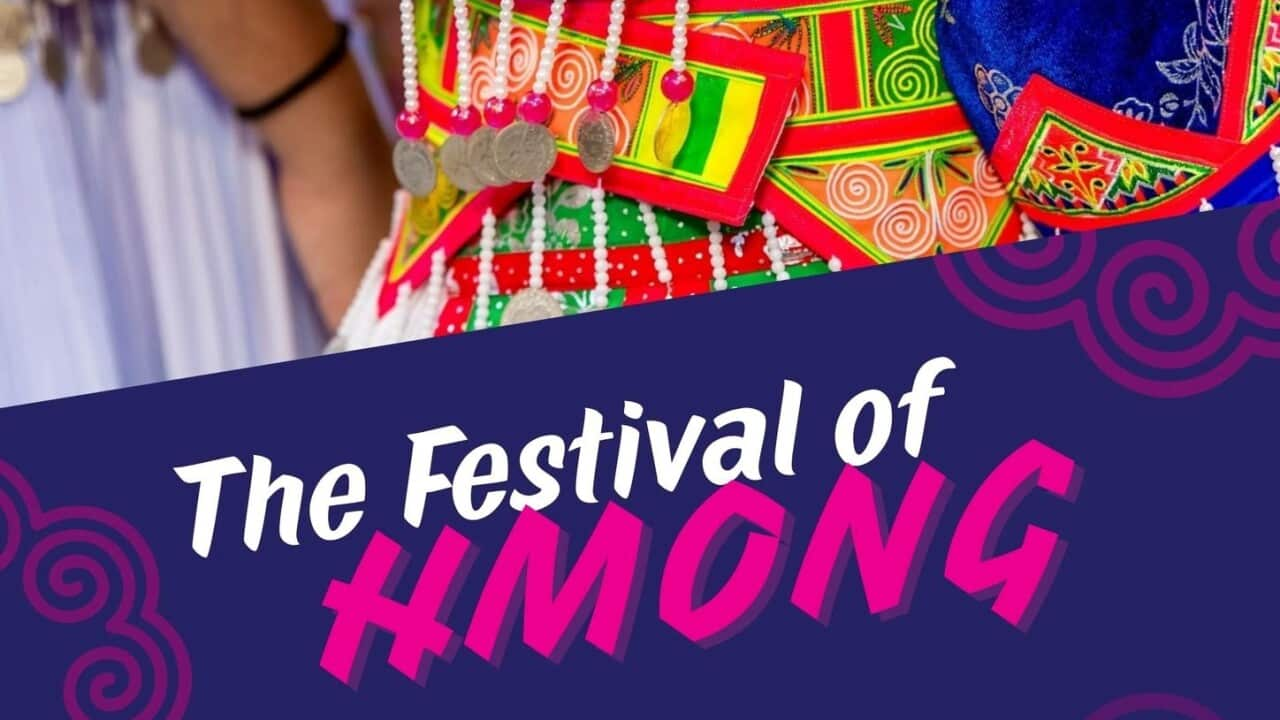Ntsiab lus tseem ceeb:
- Tsis yog peb yug los txawj ntxub lwm tus tab sis yog peb xyaum ntxub lwm tus.
- Kev sib ntxub yuav ua rau muaj kev kub ntxhov sib cav sib ceg sib ntaus.
- Muaj kev ntxub log hauv peb lub hlwb, thaum pom dab tsi txawv ces lub hlwb qhia tias yuav raug kev phom sij, kom khiav tab sis lub hlwb yeej tawm tsam tau nrog tej kev ntxub ntxaug.
- Yog thaum ib tug twg raug lwm tus ntxub ntxaug ces ua rau nws yuav chim thiab uv tsis taus.
Mloog tau tej zaj lus thiab lwm yam xov xwm ua lus Hmoob tau ntawm SBS Hmong.
Nick Haslam, Professor of psychology from the University of Melbourne, told SBS Examines hatred often stems from a sense of "unfair victimisation that you've suffered, and there's not much you can do about it."
People feel hatred in response to humiliations or maltreatment they think they've suffered at the hands of another personal group.
"That drives an emotional state, which is often a chronic kind of anger or content or aggressiveness or hostility. And that motivates action, which is usually some sort of revenge or distancing or desire to see the people who you hate suffer in some way."
Associate Professor Matteo Vergani, Director of the Tackling Hate Lab, says there's an evolutionary basis for prejudice — but we can "override emotional impulses".
"Of course humans can resist hate," he said.
This episode of SBS Examines: Understanding Hate looks at the psychological roots of hate, and the impact of extreme division in our society.
Mloog tau xov xwm tshiab ntawm SBS Hmong, download SBS Adio app thiab caum SBS Hmong Facebook page.




